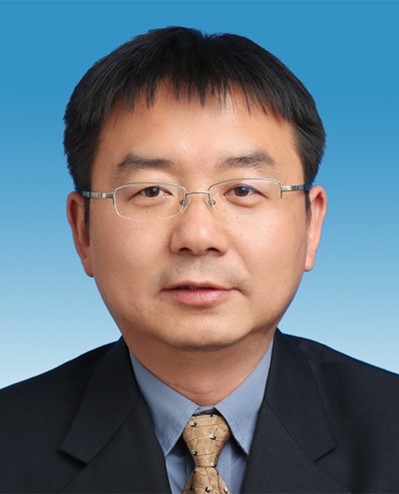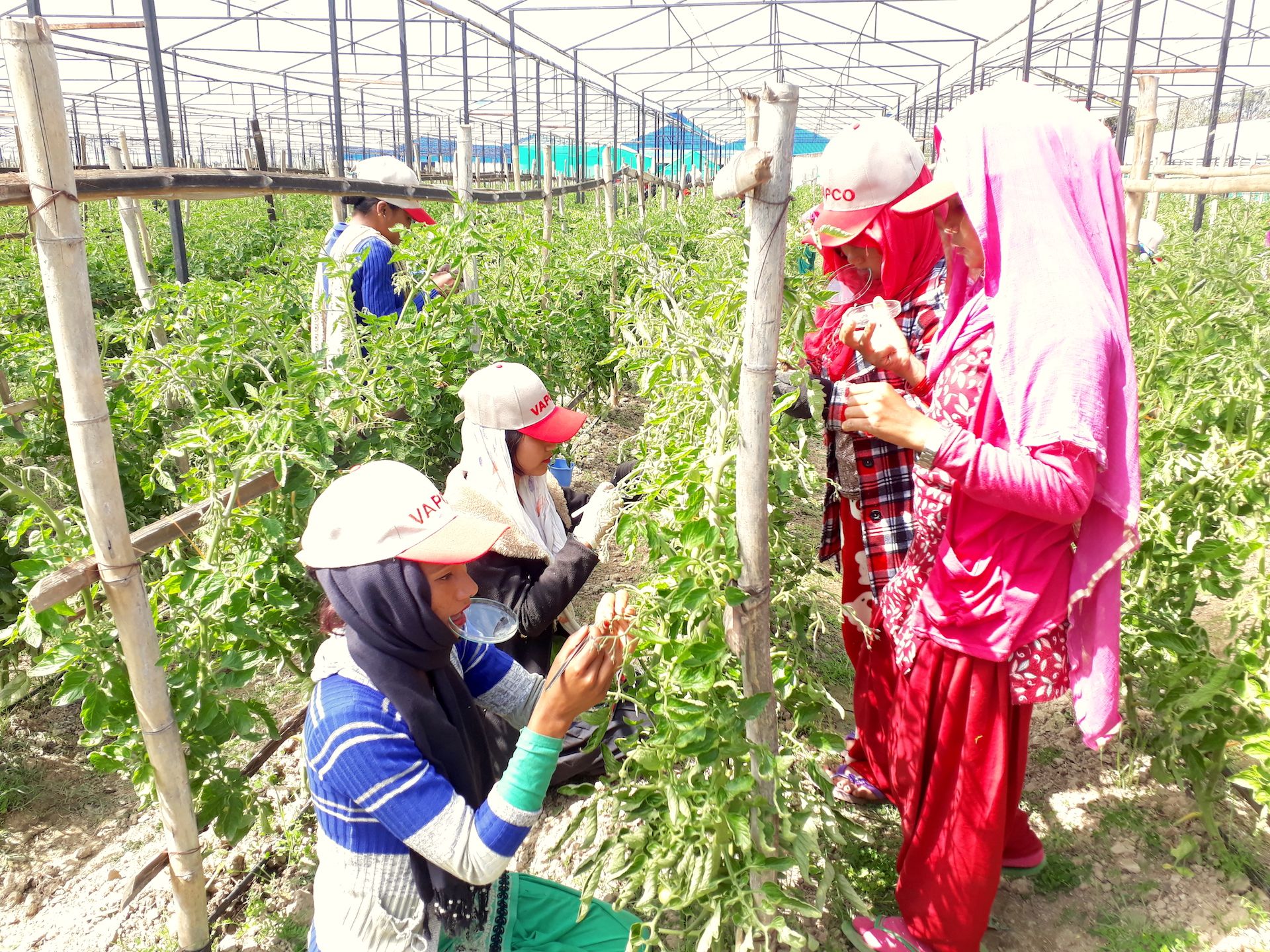Prof. Jianbing Yan, Former CIMMYT maize scientist, appointed as the new President of Huazhong Agricultural University, China

Prof. Jianbing Yan, a former maize scientist at CIMMYT, has been appointed as the President of Huazhong Agricultural University (HZAU) in Wuhan, China on 20th August 2024. Jianbing was part of the CIMMYT family working on maize genetics and molecular breeding from 2006 to 2011. He worked as a Joint Post-Doctoral Associate between CIMMYT and Cornell University from October 2006 to September 2008, as an Associate Scientist from October 2008 to August 2009, and as a Scientist from September 2009 to March 2011. Due to his excellent work on Provitamin A biofortification in maize grain, Jianbing received the Japan International Award for Yong Agricultural Researchers in 2010, and the DuPont Young Professor Award in 2011. He also received the Outstanding CIMMYT Alumnus Award in 2014.
Jianbing joined HZAU as a full professor in April 2011. He served as the Vice Dean of the College of Life Science and Technology of HZAU from 2013 to 2017, as the Dean of the College of Plant Science and Technology of HZAU from 2017 to 2020, and as the Vice President of HZAU from 2019 to 2024.

Jianbing is renowned in the research areas of maize genetics, genomics, and big data-driven breeding. He was the winner of the 2022 L. Stadler Mid-Career Award from the Maize Genetics Cooperation; the award is given to an outstanding maize scientist who has been in a permanent position for between nine and 20 years and has an outstanding track record of discovery research in maize genetics. Jianbing also received multiple national awards, including the National Natural Science Foundation for Excellent Youth in 2012, the National Youth Top-notch Talent Support Program in 2013, the National Science Fund for Distinguished Young Scholars and the Chair Professor of Cheung Kong Scholars Programme in 2015, etc.
Huazhong Agricultural University is recognized as a first-class agricultural university worldwide. It has a total of 14 disciplines listed as the Top 1% of ESI (Essential Science Indicators), including Plant & Animal Science, and Agricultural Sciences. HZAU and CIMMYT jointly hosted a webinar on Intelligent Agriculture in 2020. CIMMYT is one of the four funder institutes for the Global Food Security Association for Young Scientists hosted by HZAU, which was officially launched in December 2022 to connect young scientists around the world, working in the fields of food security. The 1st and 2nd Global Food Security Forums for Young Scientists were co-organized by HZAU and CIMMYT in Wuhan in 2022 and 2023, respectively, to inspire future generations of scientists to communicate and exchange ideas on cutting-edge agricultural research. Dr B.M. Prasanna, Director of CIMMYT Global Maize Program, CIMMYT, has been serving as the member of the International Advisory Committee of HZAU since 2022.
CIMMYT looks forward to building strong partnerships with HZAU in strategic and applied research of crop improvement, sustainable agrifood systems, and capacity building of next-generation agricultural researchers.




